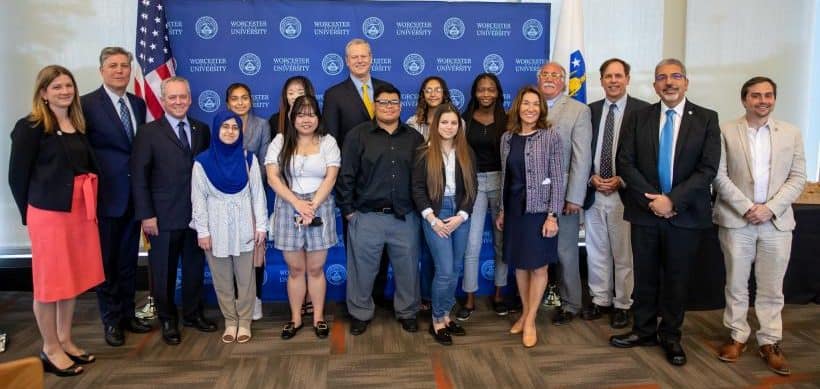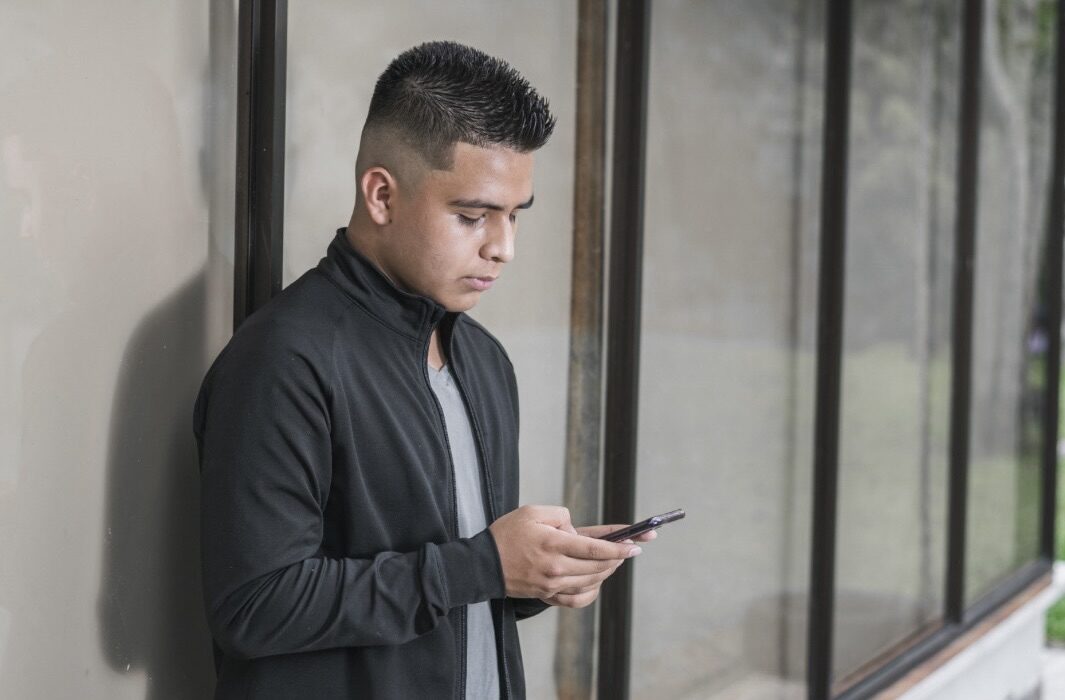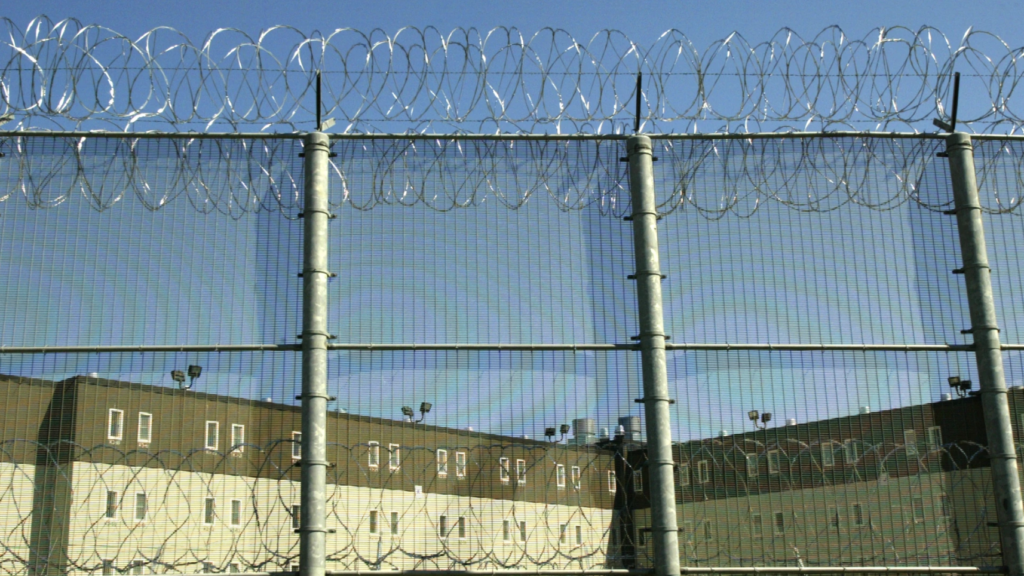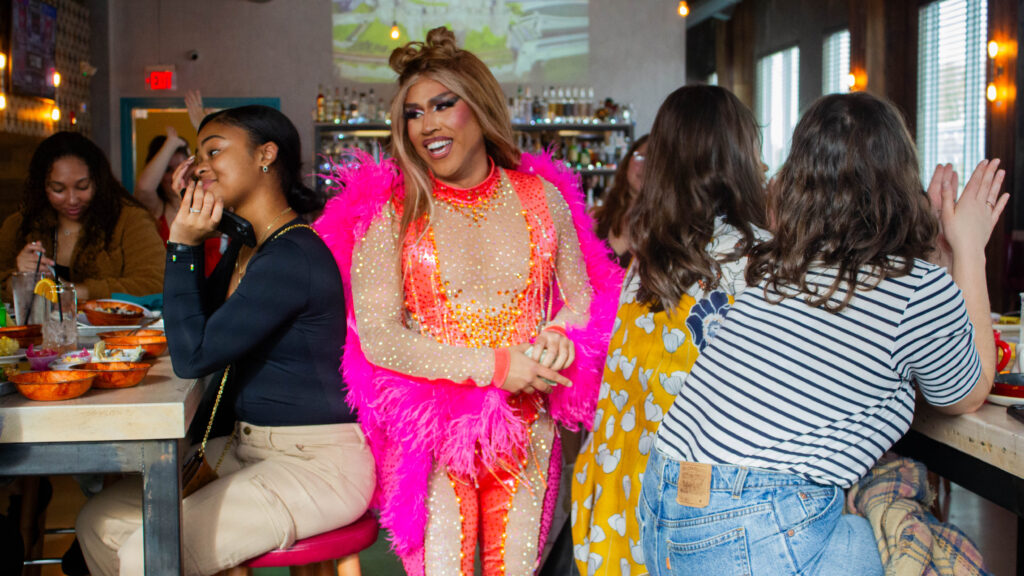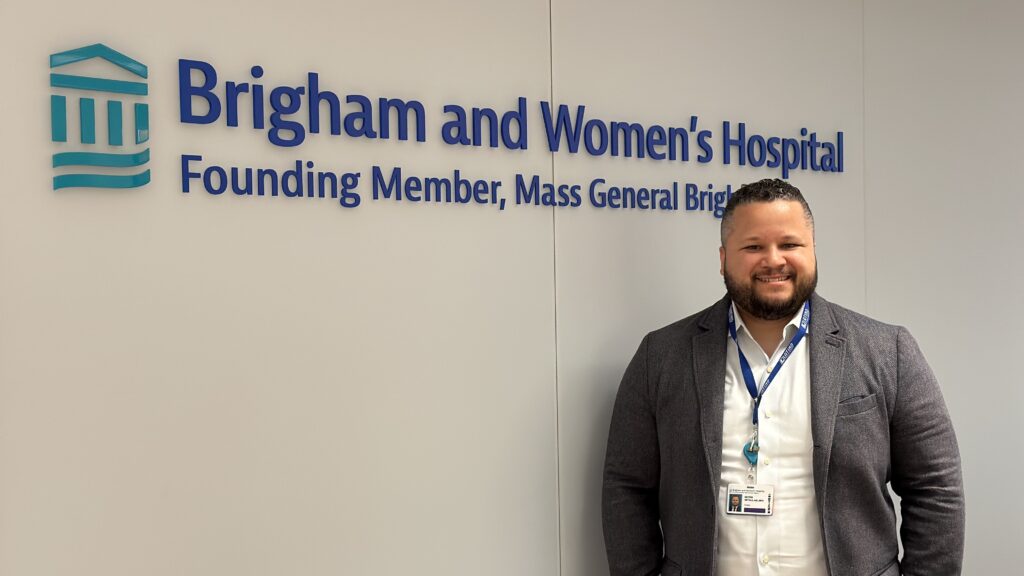According to the National Student Clearinghouse Research Center data, first-year college enrollment dropped 13-percent overall and 19-percent at community colleges (nationwide), with drops of nearly 30 percent among Black and Hispanic students.
Massachusetts Community colleges saw enrollment of first-year Black and Hispanic-Latino students decline by one-third this past fall, reported the Boston Globe.
The Chronicle of Higher Education found that community colleges have been particularly hard hit, losing close to a fifth of all their first-time students and more than a quarter of their Latino and Latina freshmen.
Despite college enrollment decline during the coronavirus pandemic, early college programs were a bright spot in Massachusetts.
“Early college is the greatest equalizer that we offer when it comes to college access and completion for Black, Latino and students of color,” said Manny Cruz, advocacy director of Latinos for Education in Massachusetts and a Salem School Committee member.
Early College programs are a statewide initiative where high school students earn college credits at no cost and gain experience and confidence to enroll in college.
Governor Charlie Baker and Lt. Governor Karyn Polito met with high school students this month from several Worcester public high schools to hear about their experiences in early college courses.
Worcester was among the first school districts in the Commonwealth to apply for state designation for an early college program in 2018. 43 high schools will have designated early college programs this fall that will impact approximately 4,500 high school students.
While the so-called achievement gap has closed between wealthier, white students and Black, Hispanic-Latino, and working-class students, the gap has widened at the college level. “Black and Latino students are earning post-secondary degrees at half the rate of white students”, said Chris Gabrieli, chairman of the board of the Massachusetts Department of Higher Education.
“The state graduates White students from our higher education institutions at three times the rate of Latino students – despite the fact that Latino students are the fastest-growing student population in our public school system and will make-up a significant share of our workforce”, said in an opinion piece he co-wrote for CommonWealth magazine. “By putting young Latinos into a college setting, it is creating a mindset that not only can they attend college, but they can attain a college degree.”
Since launching in 2019, 1,140 students enrolled in these Early College program courses. That number grew to 2,512 students in 2020 and then again in 2021 to 2,864 students. Forty percent of these students were Hispanic-Latino.
The Early College program was paused for the 2020-21 school year
